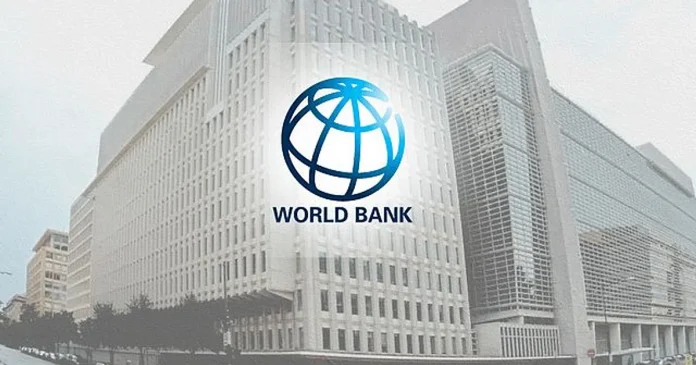
The World Bank says it has expanded its lifeline to the Caribbean and other small countries struggling to rebuild from disasters. It allows them to postpone loan and interest repayments after a catastrophic event so governments can focus on recovery rather than paying off debt.
In response to feedback from countries, the Washington-based financial institution said on Tuesday in Baku, the capital of Azerbaijan, that its Climate Resilient Debt Clause (CRDC) now covers all-natural disasters, including droughts, floods, and health emergencies like pandemics.
Previously, two types of natural disasters— tropical cyclones and earthquakes—were eligible under the CRDC, which allows eligible countries to defer principal and interest repayments on IBRD and IDA loans for up to two years, the World Bank said.
“By significantly expanding the scope to cover all catastrophes, we are helping vulnerable countries to access more meaningful support quickly. In times of crisis, leaders need a reliable partner that has their back,” said World Bank Group President Ajay Banga, who announced during COP29 in Baku. “The World Bank wants to be that partner.”
So far, the World Bank said 14 countries, out of 45 that are eligible for CRDCs, have included this clause in their loan agreements.
The World Bank said one country—St. Vincent and the Grenadines—exercised the deferral option after Hurricane Beryl.
“There is no cost to borrowers, and any fees associated with offering the CRDC are recovered from concessional resources,” the bank said. “Aside from making the clause more relevant for countries that face a multitude of natural hazards, we have also simplified the process for clients to apply to delay repayments in the event of a catastrophe.”
The CRDC is part of a broader suite of tools in its Crisis Preparedness Response Toolkit available to countries coping with the devastation wrought by natural disasters.
This toolkit also includes measures to redirect financing for emergency operations, the World Bank said.
(CMC)

